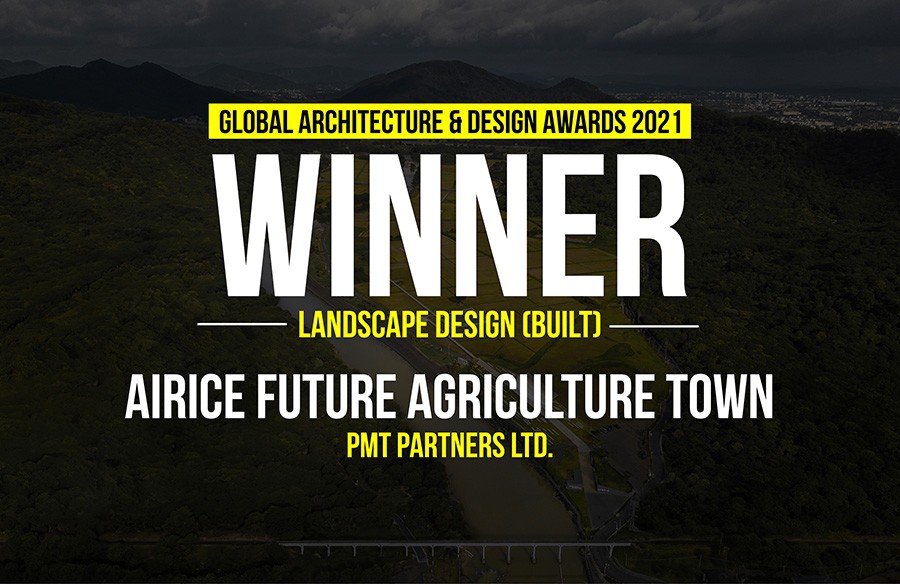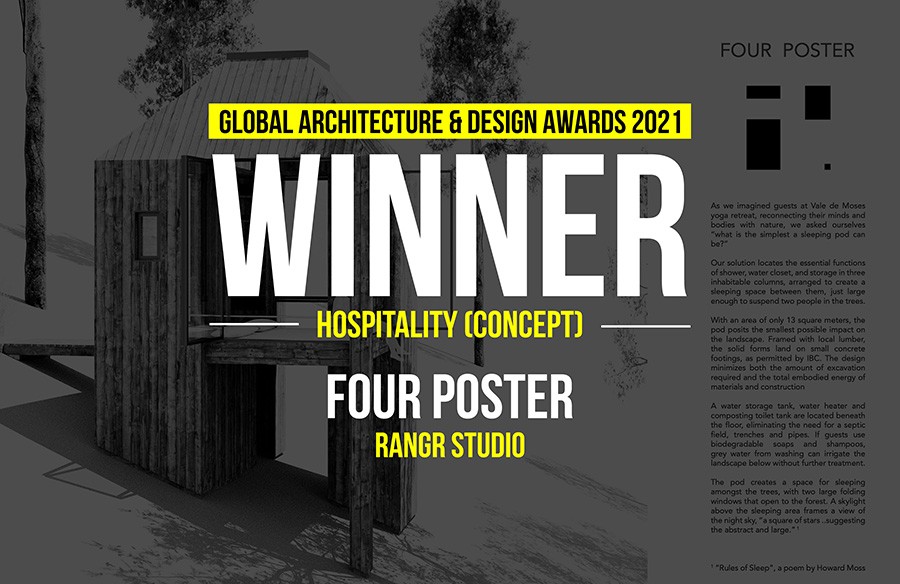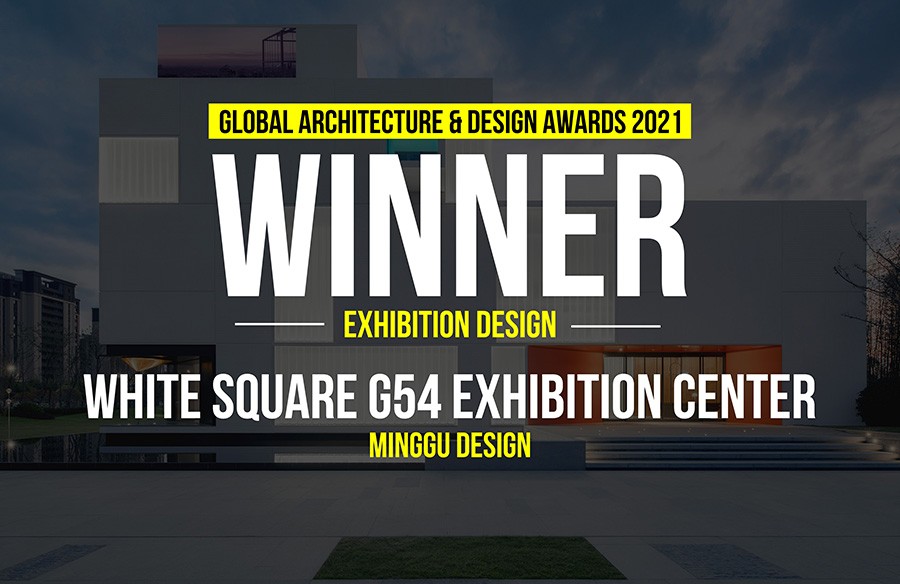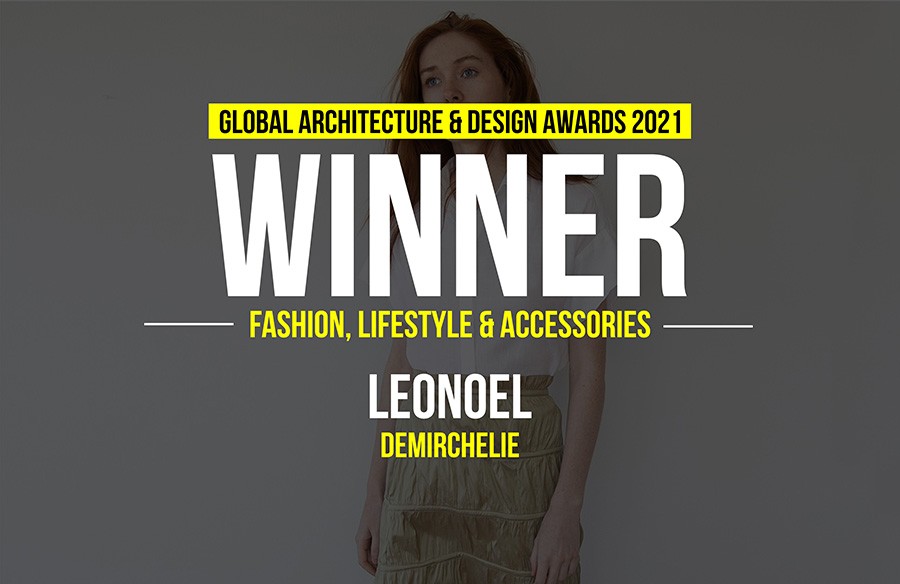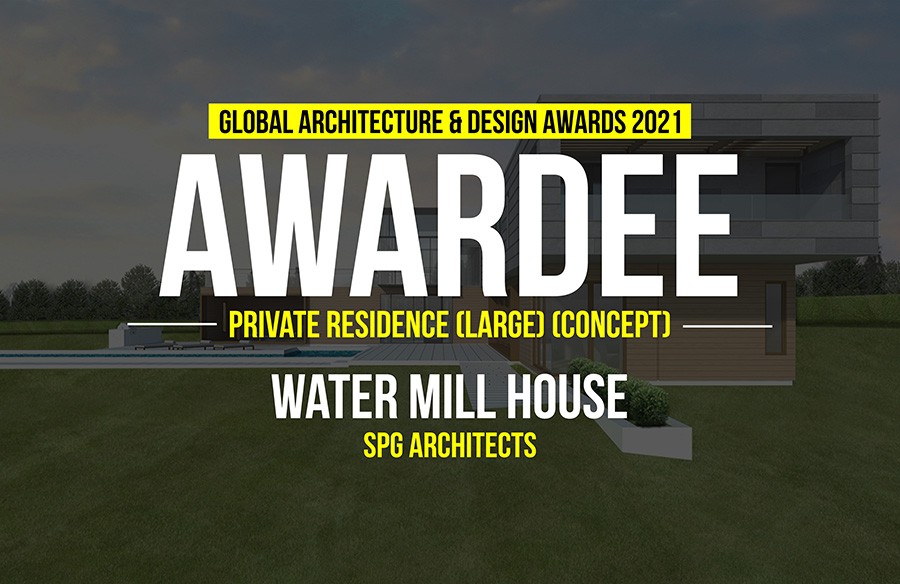The project of the Technological Park connected to the National Deposit of Radioactive Waste is not only a technical answer to a functional problem, but due to its overall extension (Deposit + Technology Park = 150 Ha) – entering the fabric of the Italian landscape – it must be mainly a project that dialectically establishes a cultural and civil comparison with the territorial area in which it will settle. We are fully aware that the Italian territory is an extraordinary network of ancient cultural stratifications, where the work of man has produced a jumble of anthropized landscapes (both urban and agrarian) among the most complex and permanent in the long time of history.
Architects: Microscape Architecture + Urban Design
Status: Concept

Therefore, our proposal moves within the awareness that the project must be before an architectural-urban plan a landscape project that knows how to catalyze and reflect in the vast space of the territory the values of a contemporary. The project establishes a relationship between Nature and Artificial where the natural elements are themselves the “materials” that contribute to the construction of the space, while the construction techniques and the proposed technological solutions, aimed at maximum environmental sustainability, are optimized in their application from the general morphology of the system.


The main features are: the uniform sun exposure, the wooded area, the large clearings, the cavea reservoir, the protected courtyard, the low height of the buildings, the most ecological plant (geothermal plant) for the production of heat / cooling, bioclimatic greenhouses, photovoltaic solar energy, hot water production with solar thermal, continuous façade system with low emissive glass_selective_polithromatic_sensitive photos, a careful recovery of rainwater for irrigation and sanitary use, a system of selection / collection of waste recyclable waste, the application of innovative technological solutions (algae bio-reactor), the use of means of transport at electric locomotion for the internal displacements of the Technological Park area, the very low use of the ground.
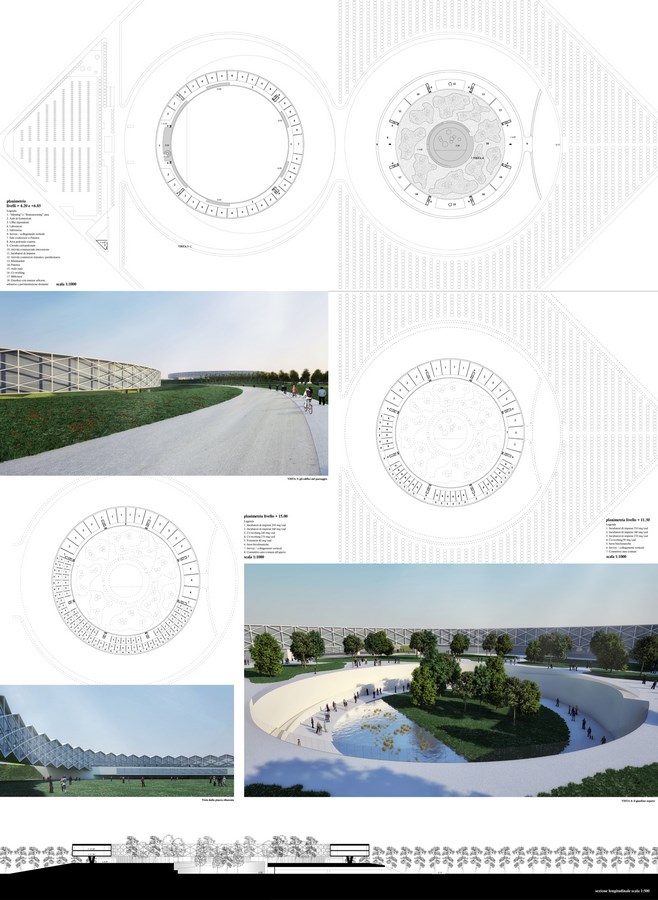

The project is developed according to a principle of Difference/Repetition that articulates all the systems: landscape-environmental, architectural_functional, technological_material. The quadrant of the intervention area is subdivided into two primary triangular compartments: the clearing and the forest on which the building (1) has been set up for research / development functions and the building (2) to be built in the phase expansive. The latter is mainly intended as an incubator for companies and the transfer of research, supporting the launch of new activities in the high-tech sector; for this reason, we also find temporary residential functions, to which commercial and recreational functions are added. Already in the first phase (settlement) there is a guesthouse (20 rooms) integrated into the building that houses the guardian at the entrance to the Technological Park area.



MICROSCAPE architecture urban design AA
Has been founded in Lucca in 2006 by two brothers: Patrizia Pisaniello & Saverio Pisaniello – deals with architectural and urban planning; architectural research and professional practice develops on levels of scalability, in the investigation of the relationship between nature and construction in the particular dimension of collective
spaces. In 2010, MICROSCAPE has been selected to exhibit his work at Italian Pavilion Expo Shanghai and they won The Europe 40 Under 40. Since 2012 the graphic research of MICROSCAPE is part of NAM Nuovo Archivio Multimediale of the National Academy of San Luca, Rome. They teach at University of Florence and IED Rome.
They won these prizes: <Premio Architettura Toscana 2017> and the <CiTy_Brand&Tourism Landscape Award 2018
category CITY LANDSCAPE: Landscape redevelopment of the fringe territories sez. A>. In 2018, they have been exhibited their work to the Italian Pavilion at the 16th International Architecture Exhibition of the Venice Biennale. Archipelago Italy.

